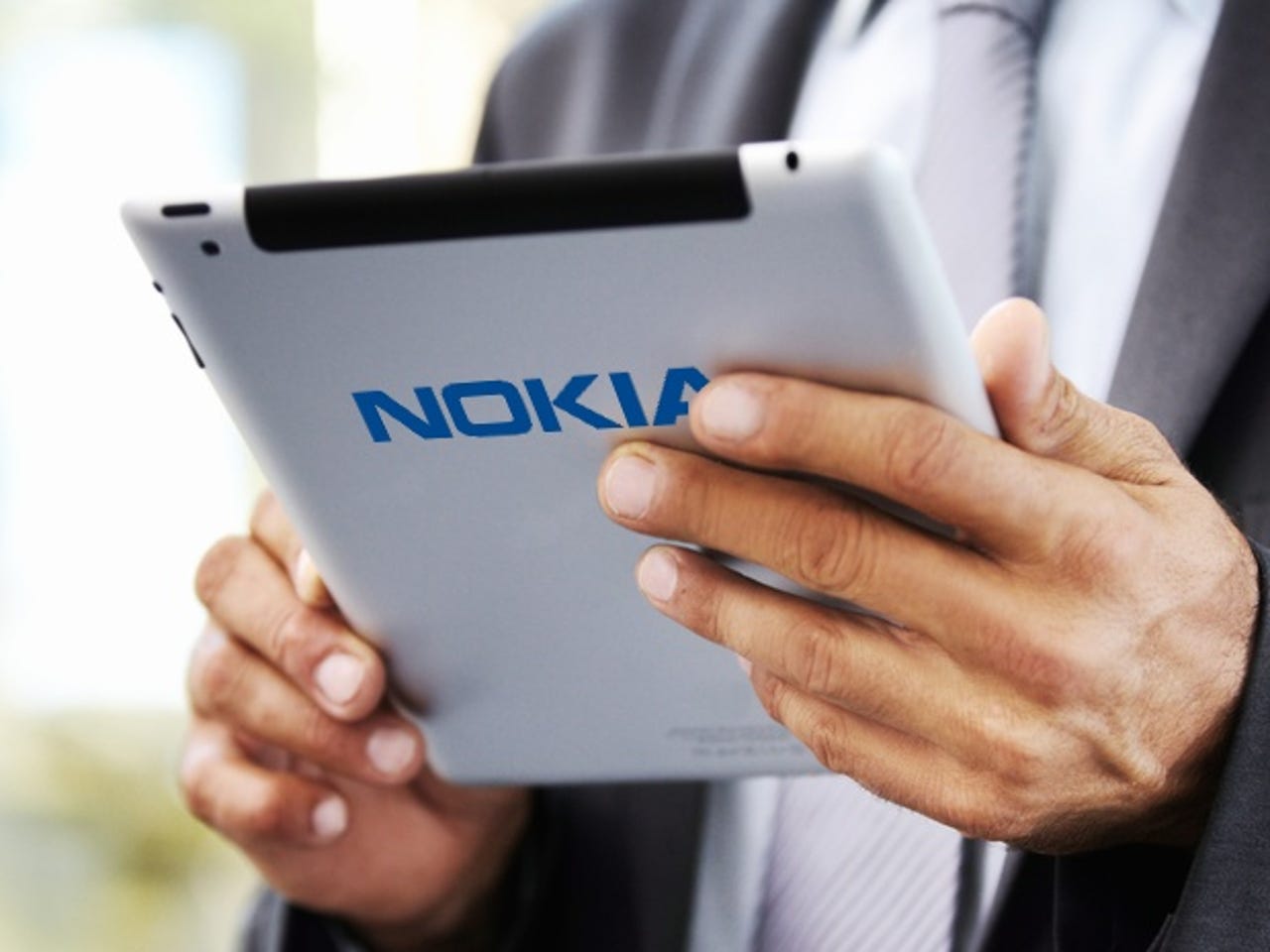A window on why Nokia doesn't have a tablet... yet

Nokia's financial and market challenges are well documented. But there's one major omission from Nokia's product line-up that doesn't seem to get much airtime: a tablet.
While Nokia was busy reorganising itself around its new operating system strategy — namely, to largely go it alone with Windows Phone as its primary mobile platform — its competitors in the smartphone world were busy cranking out tablets in a bid to dent Apple's dominance with the iPad.

However, until the arrival of the low-cost but big-brand Nexus 7 and Amazon Kindle Fire, many hardware makers found their tablets just weren't being received in the way they hoped. HTC is a case in point: it isn't refreshing its current line-up of tablets, but continues to watch the market for a way in. Meanwhile, Apple has continued to sell millions of iPads every quarter.
There is an argument that Nokia needs to play catch-up in this space, if it wants to return to its former glory. But if it ever does decide to launch a tablet, then the amount it needs to make up is minimal.
"All the ones that tried, failed, and it's only now we're starting to see some better results in tablet adoption beyond the iPad, which remains the dominant player," Roberta Cozza, mobile and tablet analyst for Gartner, told me.
Which OS?
If Nokia had developed a tablet before, which OS could it have used? Windows Phone 7 clearly wouldn't have done the job. Android? Not likely, given Nokia's borderline inextricable links to Microsoft. And if it had chosen Android, how would the company have differentiated its tablet from the swathe of OEM-built products using the open-source OS?
"It would have been a distraction [for Nokia]," Cozza said. "It was too early for them; if anything it would have to be a Windows 8 device."
"They had bigger priorities. I don't think they have really been affected by this [lack of a tablet]," she added.
Nokia's key strengths right now (and boy does it need more) lie in its differentiated services, such as Maps and Navigation — without a doubt, two crowd-pleasers. With an Android tablet, it would have had to choose between these or having access to the Android Play store, as it would not to able to get Google certification for a device running other services. Neither of which would have done its [fictional] tablet any favours.
This OS quandary will change after the Windows 8 RT launch, though Nokia is most likely waiting to see how the market reacts to Microsoft's tablet-optimised OS before making a move. Nonetheless, I'd be surprised not to see a Nokia tablet in the future.
Too costly
And let's not forget, while Nokia has traditionally been a huge investor in R&D, it isn't exactly swimming in cash at the moment. So any tablet venture would have been a financial and engineering distraction from the task at hand: re-aligning its entire smartphone business around Microsoft's mobile platform.
"Nokia will do better to wait and see how Windows 8 and the eco-system is developing" — Roberta Cozza, Gartner
In its first three financial quarters of 2012, Nokia posted losses totalling around €2.6bn for its existing handset business. Add in its full-year 2011 results, when it lost just under €1.4bn, and it really couldn't afford a flop in the tablet market too.
Of course, the one thing that changes this picture is the long-awaited arrival of tablet-friendly Windows 8 — even Microsoft is pitching in, with its upcoming Surface RT tablet. This, the iPad and other high-end entries on the way would go head-to-head with whatever Nokia can come up with.
"We haven't seen much of a competitor really at the high-end," Cozza said. "Nokia will do better to wait and see how Windows 8 and the eco-system is developing. I'm sure it is in its plan but it would probably make more sense later."